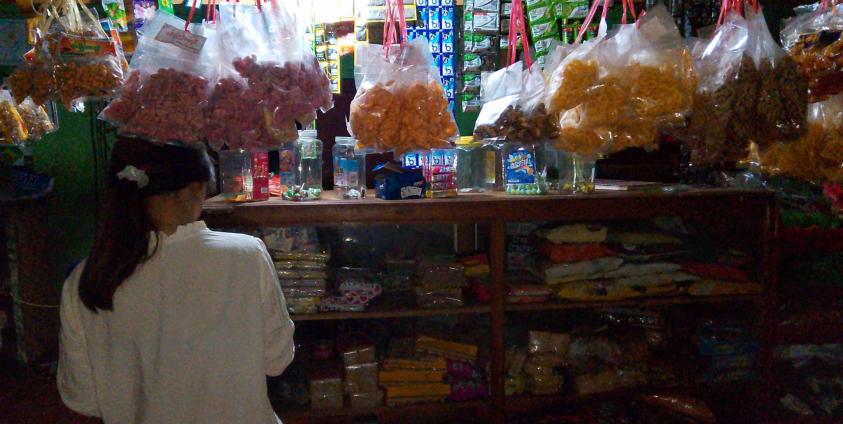The price of goods has skyrocketed in Karenni State, causing significant difficulties to both locals and internally displaced people (IDPs), disrupting their lives and livelihoods.
Floods and landslides have damaged and blocked transport routes in Karenni State severely disrupting the flow of goods and triggering a surge in prices, according to a local from the western part of Demoso Township.
He said: "As a result of the floods, the prices of some commodities have risen significantly, and the shortage of goods has become severe. For instance, items that used to cost around 3,000 MMK are now priced at 5,000 to 6,000 MMK. Since trade routes are inaccessible, goods cannot be imported. A bag of rice that used to cost about 70,000 MMK now exceeds 100,000 MMK.”
In September, the remnants of Typhoon Yagi triggered devastating floods across various parts of Myanmar, including Karenni State.
Many parts of Karenni State, already plagued by conflict, are now facing additional challenges in the aftermath of floods, including rising commodity prices and severe shortages.
To make matters worse, many locals and IDPs in Karenni State are facing a lack of job opportunities and are struggling to make ends meet. The price of rice, a staple food for families, has also risen, further exacerbating people’s hardship, according to the aforementioned local.
He said to NMG: “Not only can IDPs not afford to buy rice when prices rise, but some locals face the same struggle. For those without jobs, they have no income. Some borrow money from relatives to get by, but this is not a sustainable solution. As a result, some families have been forced to cut back on the number of meals they eat each day.”
Drug shortages have also caused a rise in drug prices. For instance, the price of a bottle of intravenous glucose has risen from 1,000 MMK to between 4,000 and 5,000 MMK.
Though the worst of Typhoon Yagi has passed, torrential rain continues to fall in parts of Myanmar, including Karenni State. The Mobye Dam near Mobye (Mongpai) Town in southern Shan State, which borders Karenni State, has been overwhelmed by the heavy rainfall and is still having to intermittently release excess water into the Balu Chaung River which flows through Karenni State. This has caused the river to break its banks in some places, submerging homes, paddy fields, and plantations.
The destruction of food crops by flooding in Karenni State has reduced people’s stockpiles of food which, with the rising commodity prices, has led to a livelihood crisis for many people in the state.
Locals say that currently, three years after the coup, residents and IDPs in Karenni State are facing increasing hardships.







